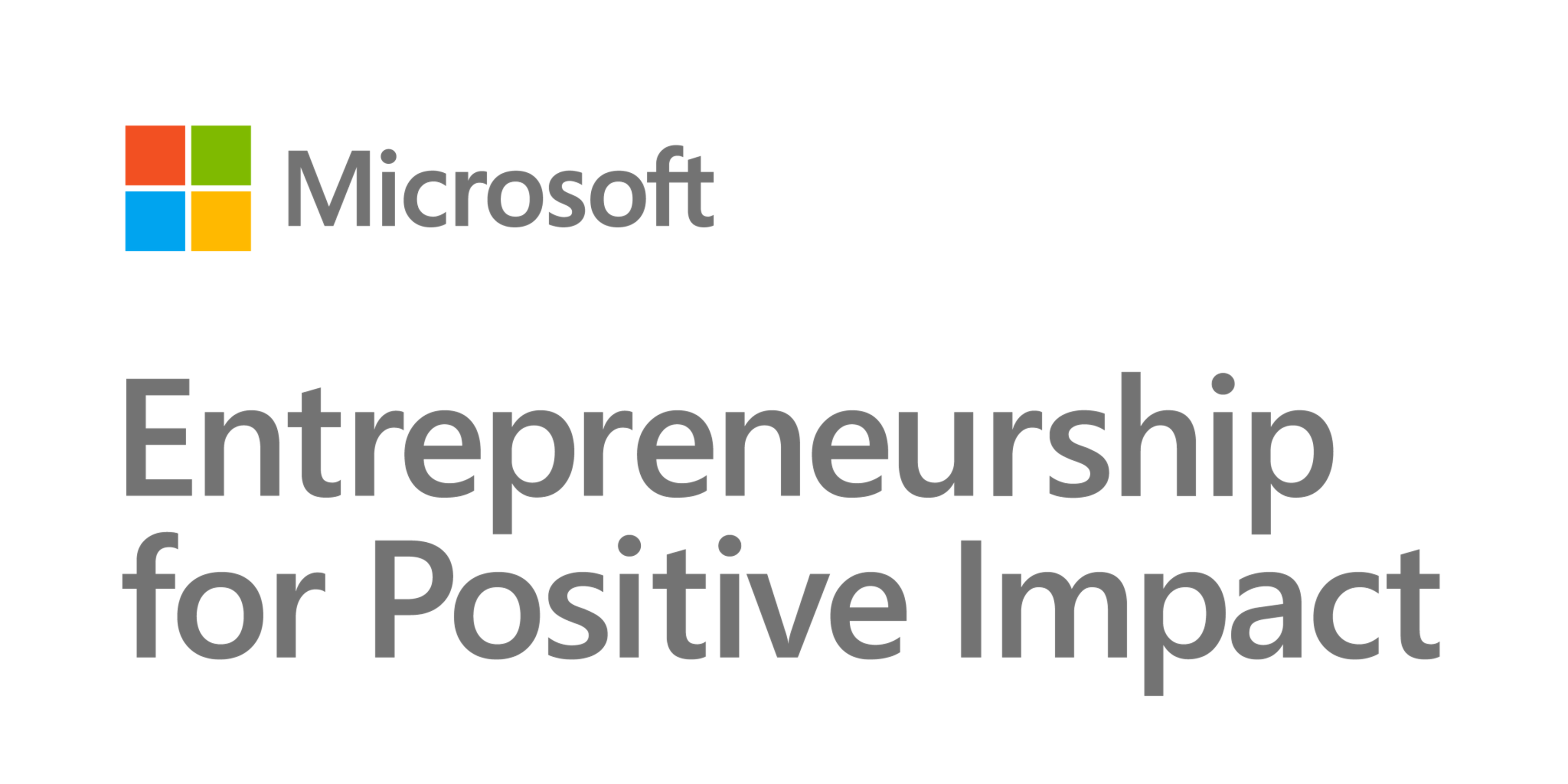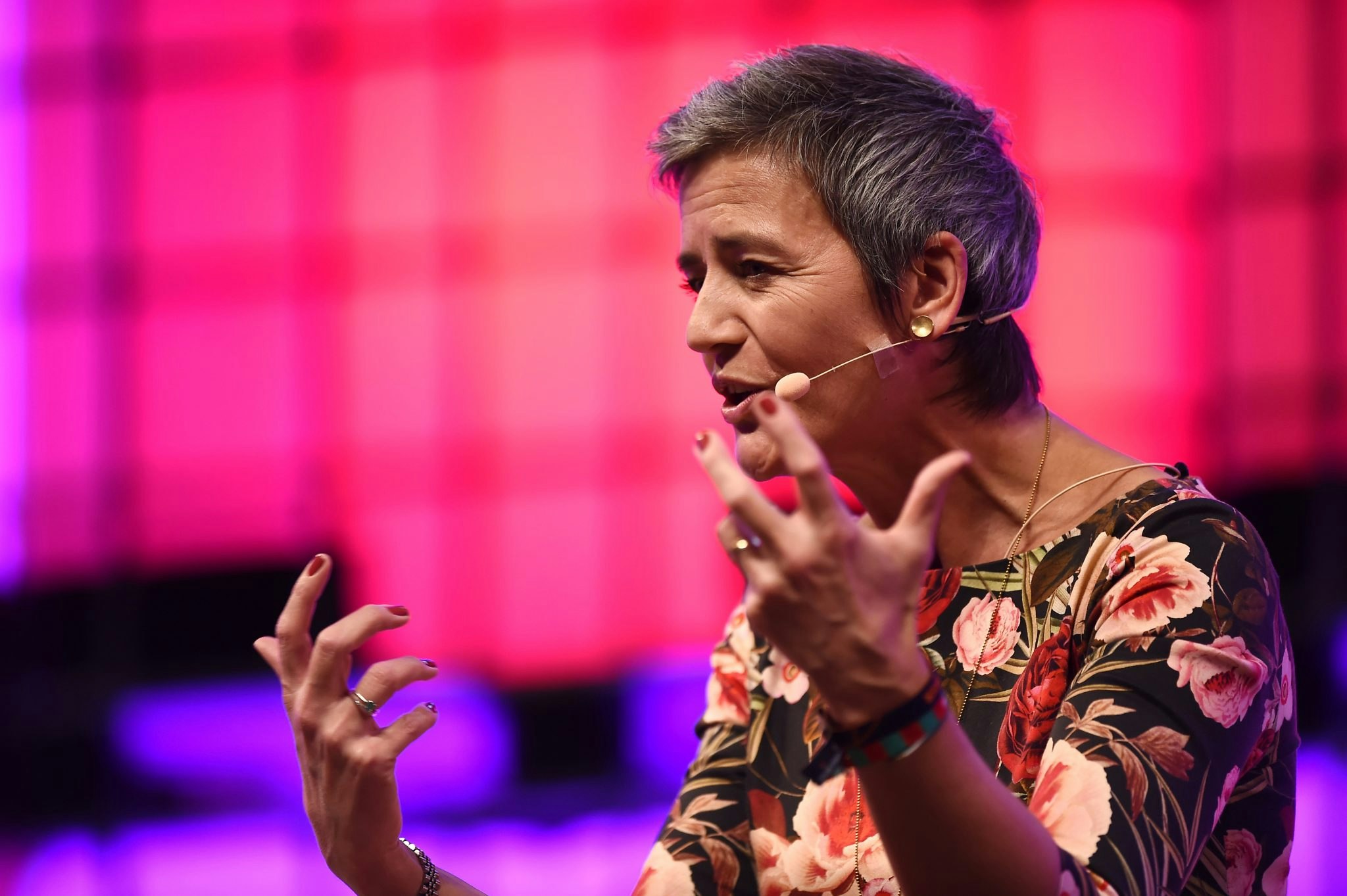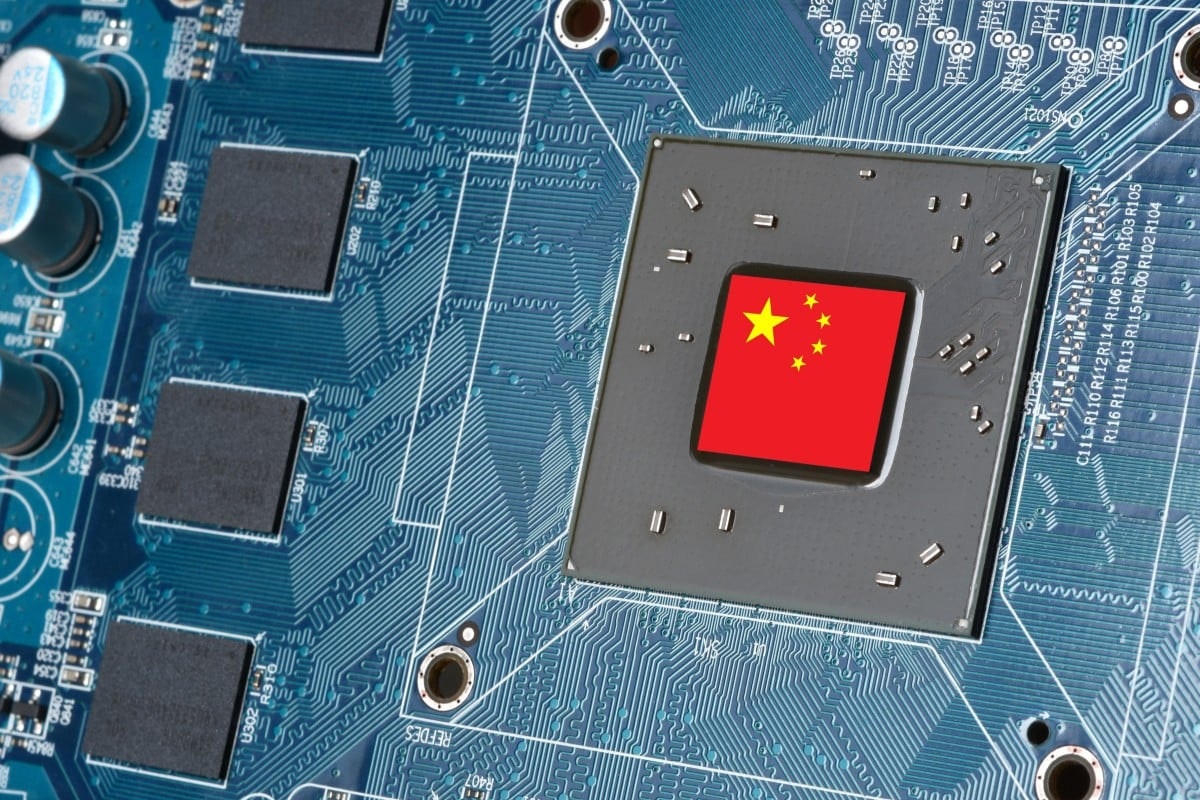Companies won’t be able to grow in the long term if resources run out. This makes the UN’s Sustainable Development Goals (SDGs) — a group of 17 objectives introduced in 2015 as part of the UN’s 2030 Agenda for Sustainable Development — increasingly important for startups and investors. Examples of the SDGs include eliminating poverty, achieving gender equality and zero hunger.
“Nearly every one of the 17 goals are off track, so we know that we need concrete and urgent solutions,” says Anthony Virapin, worldwide leader of Entrepreneurship for Positive Impact at Microsoft. “That's where startups, with their innovative business models, technologies and projects, can play a significant role.”
Generative AI (GenAI) has already changed the way many sectors work — and promises even more change in the future. How can the tech help make these goals a reality and what role do startups play in this mission? We asked the experts.
Why are the SDGs important for startups?
Impact investing is growing, as investors look for businesses that can generate both financial returns and positive social and environmental outcomes.
By aligning with SDGs, startups can attract a new segment of investors who prioritise sustainable and responsible investments
“By aligning with SDGs, startups can attract a new segment of investors who prioritise sustainable and responsible investments,” says Virapin. “Brand reputation is key — consumers are increasingly aware about the 17 SDGs and the plan on climate action and sustainability at all levels, and they expect that companies including startups will contribute to them.”
Recent research from McKinsey found GenAI could add $2.6trn-4.4trn annually to the global economy. This opportunity combined with the opportunity from SDGs can put startups in a strong position for future investments and scaling.
“Partnerships are a key link between startups and SDGs with different key stakeholders like governments, businesses and non-profit organisations,” says Virapin. “Startups that engage with these defined goals can also find new business opportunities too.”
The role of generative AI
One example of a company combining GenAI and the SDGs is Swiss startup and Entrepreneurship for Positive Action participant Witty Works, a writing assistant that helps users to write inclusively while they’re typing. While a user writes, it shares educational content about bias to help them learn why they should avoid certain words and phrases. The tool could help companies address the SDGs related to equalities.
GenAI can even contribute to climate models and help optimise carbon sequestration, carbon reduction offsets or design more efficient renewable energy technologies
“We had to start from scratch to build a model that eliminates as much bias as we could from language,” says Nadia Fischer, CEO and cofounder at Witty Works. “We've identified vocabulary — be it single words or expressions that carry a bias — and omitted them. Examples include blacklist, which is an ethnicity bias, or if you're saying in a job advert that you only want to employ digital natives, that's an age bias.”
Virapin believes GenAI can supercharge success for impact entrepreneurs. He says it can help automation and building new scenarios and features, but also supports doing more with existing solutions.
“On decent work in economic growth — SDG 8 — AI can help create new businesses and services by generating new ideas or helping with tasks like marketing or project design,” says Virapin.
He adds on climate action — SDG 13: “GenAI can even contribute to climate models and help optimise carbon sequestration, carbon reduction offsets or design more efficient renewable energy technologies.”
Hurdles to address
UK startup and another Microsoft Entrepreneurship for Positive Impact participant Twin Science is a teacher platform and student app that helps students learn more about SDGs. It uses GenAI to equip teachers with digital assistants to provide individualised support to students.
Its cofounder and CIO, Omer Gorgulu, believes it's imperative for everyone to intensify their efforts to overcome the hurdles that stand in the way of achieving the SDGs before the 2030 deadline.
“Education stands as one of the most crucial pillars in this endeavour,” says Gorgulu. “Governments need to take responsibility by focusing on curriculum redesign and the incorporation of STEM education for sustainability.
“We also need trendsetter schools to lead the way and inspire other educational institutions to follow suit. It is essential to prioritise education for all, particularly in underserved communities, to bridge the gap and provide equal opportunities for learning and development. By addressing these aspects, we can pave the way for a more sustainable and equitable future.”
Collaboration
Twin Science collaborates with partners, impact investors and development agencies to secure funding for its initiatives. By forming strategic partnerships, Twin Science maximises its reach and impact, overcoming resource limitations.
Governments play a huge role in this, defining social and economic value creation and responding to the planet's challenges
“Many people, especially in underserved communities, are unaware of the SDGs and their importance,” adds Gorgulu. “By providing engaging and relatable content, Twin raises awareness and educates students about the SDGs, empowering them to take action.”
One such partnership is the Microsoft Entrepreneurship for Positive Impact programme which offers access to Microsoft technologies, community building and support, and go-to-market resources. Virapin says AI is a core focus.
“AI is the defining technology of our time,” he says. “Microsoft’s advancements in AI align with our company mission to help every person and organisation on the planet to achieve more.”
However, Virapin says there needs to be an ecosystem approach to create more collaboration with impact entrepreneurs.
“Funding is a challenge for startups and positive impact entrepreneurs, especially at this time where we are living in an economic crisis,” he says. “It’s a challenge for them to think about scalability by convincing investors, and that requires a lot of preparation and consideration of the ways the world is changing.”
The funding sentiment is one shared by Fischer. She says that startups are always short on money, and VCs rarely invest money to specifically help them address the SDGs.
“VCs expect every cent they've invested to go into the growth of the company and not into UN SDGs,” says Fischer. “At Witty Works, we have an ethics board and spent funding on this. We have very good investors and some understood it, but we always had to justify this expenditure.”
Virapin says bringing in positive impact entrepreneurs benefits Microsoft customers which benefits the business. But while investors and corporations can pave the way, he also calls on governments to support innovative startups.
“Governments play a huge role in this, defining social and economic value creation and responding to the planet's challenges, and that's why they need to be there participating in this discussion.”
Learn how you can become part of Microsoft’s Entrepreneurship for Positive Impact program here: Microsoft | Microsoft Entrepreneurship



